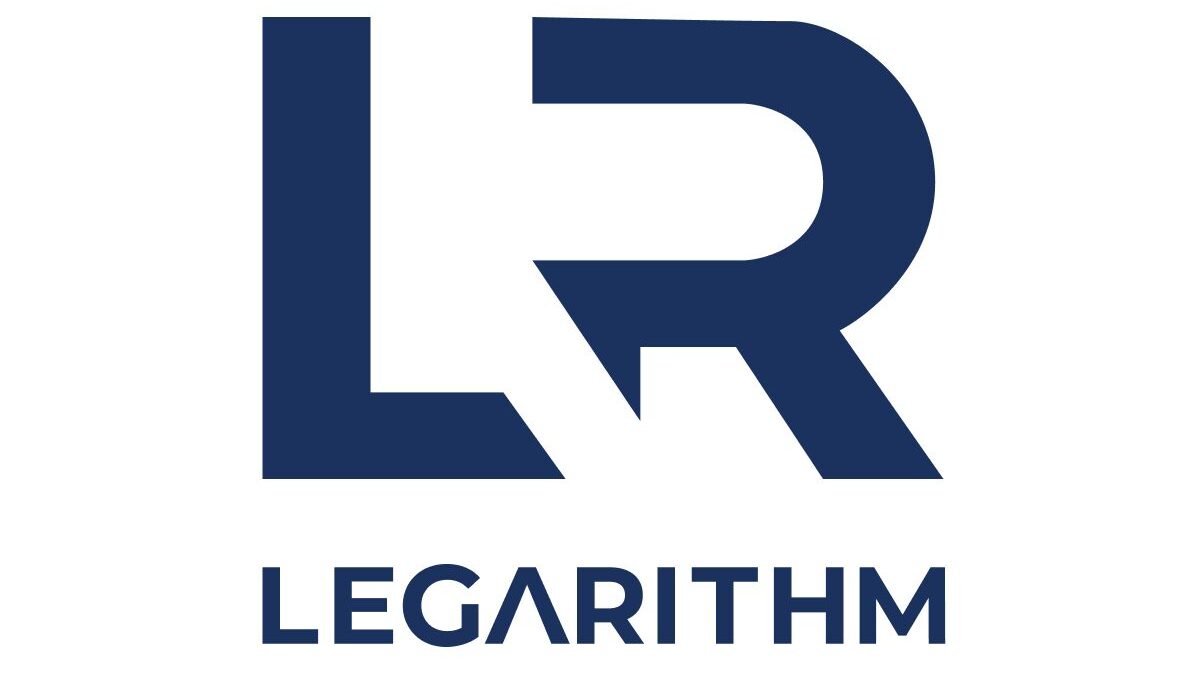How to build a global holding structure in 2025: practice, risks, and trends

Just ten years ago, a global holding structure often meant a simple “chain” of companies across a few countries. Today, everything is different. Even a single careless step can put your holding scheme at risk of failing a bank or international tax authority’s review. Why is this happening? The main reason is the radical changes in approaches to corporate transparency, tax residency, and substance requirements. BEPS, MLI, new EU and UAE regulations, tougher BVI rules, and even updates in Cyprus all mean that business must exist not only on paper but also in real life.
When navigating these new regulatory challenges, many businesses turn to specialized consulting firms with a proven track record in international structuring. Legarithm helps businesses launch and scale globally with expert support in company formation, licensing, and compliance across 50+ jurisdictions. With offices in Cyprus, Estonia, and the UAE, the firm provides trusted guidance for international growth and practical solutions for cross-border operations.
Now, the OpCo-HoldCo structure is not just about “looking good on a chart.” Real substance is needed: offices, employees, expenses, financial activity, and local directors. At the same time, requirements are becoming more flexible and technical. This is exactly where there is an opportunity for modern consulting teams who know how to go beyond templates.

The key to global optimization: expertise and adaptation
Creating a holding structure now resembles an engineering project where it is crucial to balance tax benefits, legal protection, and real business operations. Here’s how it works in practice.
For example, a company in the IT or fintech sector will often choose this approach: the main operating business in the UAE, taking advantage of flexible tax conditions and a strong banking infrastructure, while the HoldCo is based in Cyprus or the BVI. Cyprus enables almost tax-free dividend distributions under the EU Parent-Subsidiary Directive. The BVI remains attractive for its flexibility, but now requires compliance with the new substance rules.
“Bodiless” offshore companies, those without an office or employees, no longer work. Banks demand contracts, actual expenses, and a real address. Cyprus, the UAE, and the BVI have all taken steps to ensure that shell companies do not benefit from tax treaties.
Choosing a jurisdiction: a strategic decision, not the cheapest option
Even the process of opening bank accounts has changed. Banks have become controllers of transparency and request evidence at every structuring stage, from lease agreements to payment orders. At the same time, CFOs often study analytics on professional platforms and refer to consulting company reviews, especially from firms with experience in both Cyprus and the UAE, such as Legarithm, to understand the specific requirements of each popular jurisdiction.

What does a modern holding structure look like in practice?
Imagine a group with several subsidiaries in Europe, the UAE, and Latin America. Instead of the classic “pyramid” structure of the 2010s, today’s model is a “network” of legal entities, each fulfilling a specific function: operations, R&D, intellectual property ownership, or marketing. The HoldCo in Cyprus becomes the center for dividends, asset protection, and business structuring. The operating company in the UAE is the financial core. For each task, the choice involves not only the country but also the right regime: a free economic zone, a special tax status, or a licensed office.
Real local expenses are no longer fiction. Payment orders, salaries, and hiring staff have become essential. Only this way can you convince tax and banking authorities that your structure is a real business, not just an empty shell.

What mistakes can be critical in 2025?
The main problem is underestimating modern substance and transparency requirements. The second is choosing a jurisdiction only by price, without deep analysis of tax treaties, reputation, and case law. The third is neglecting compliance. A modern bank will block your account even before you get your first contract if the structure lacks transparency.
There is also the matter of trust. The more complex the structure, the more important it is to trust consulting and legal partners who do more than just prepare documents. They must take responsibility for ongoing support, accounting, reporting, and adapting to legal changes.

Trends for the future: automation, control, and expertise
International consulting is no longer just about company registration. In 2025, the market demands flexible, transparent solutions and comprehensive support. CFOs expect not just a “scheme,” but a complete system, from tax planning to support for real business operations. There is growing demand for online monitoring tools, automatic compliance updates, and legal analytics for changes in every country. This approach demonstrates true expertise and helps businesses not only optimize costs but also become resilient to the challenges of the global market.





